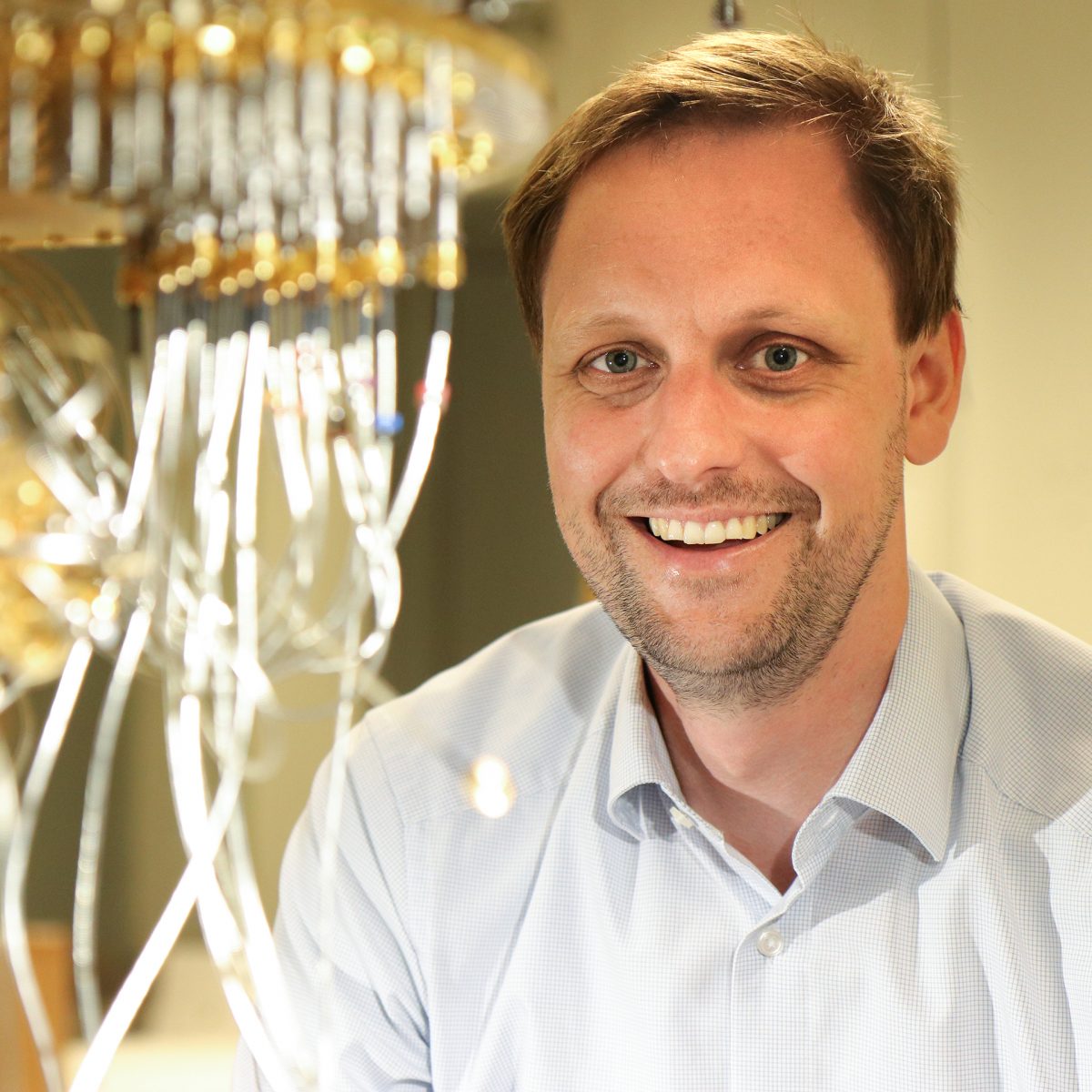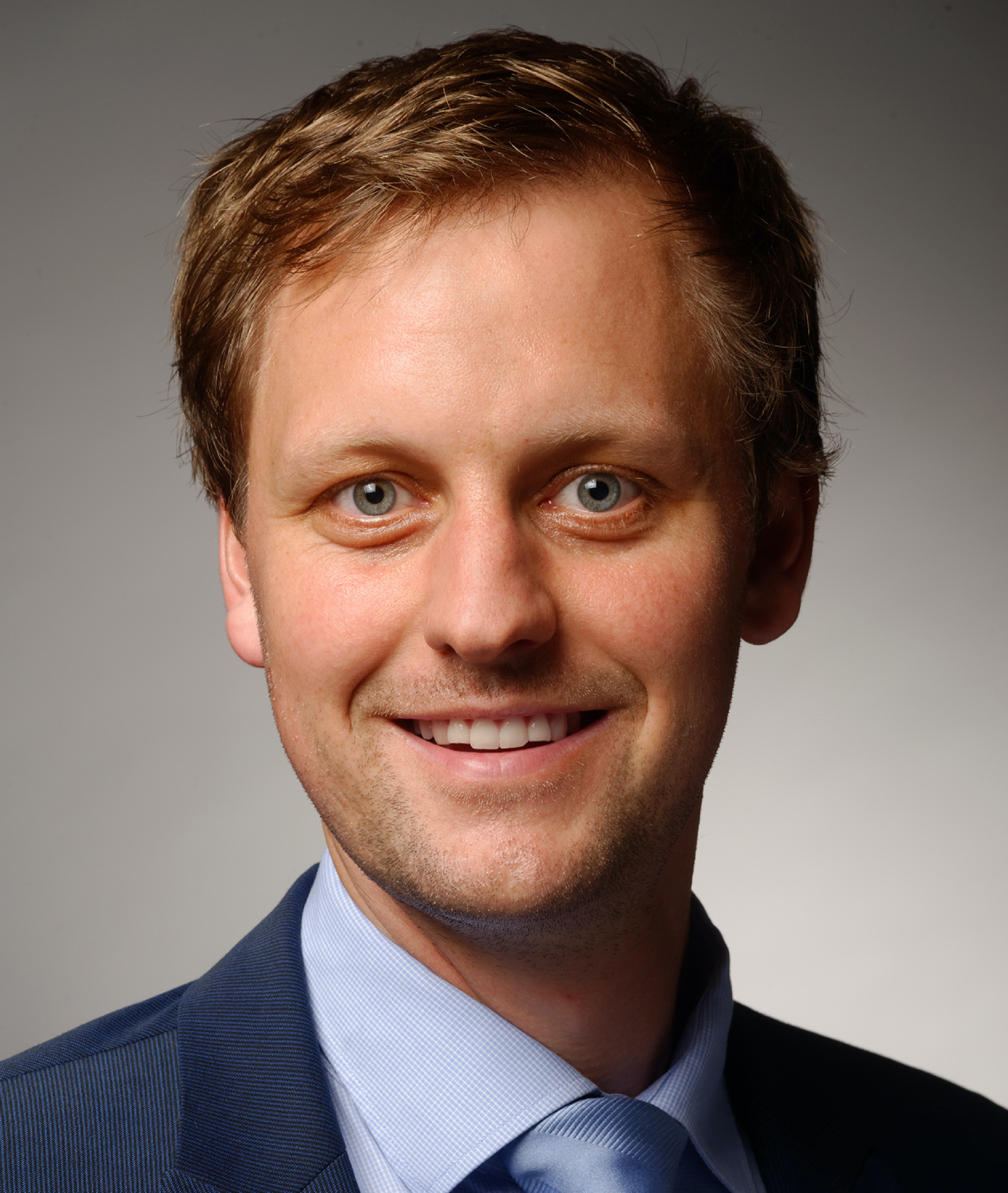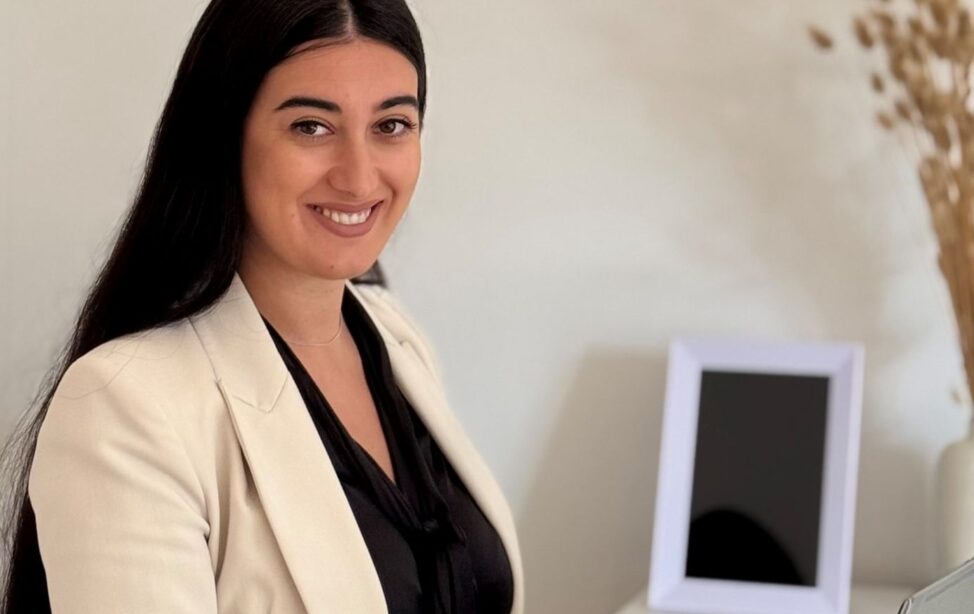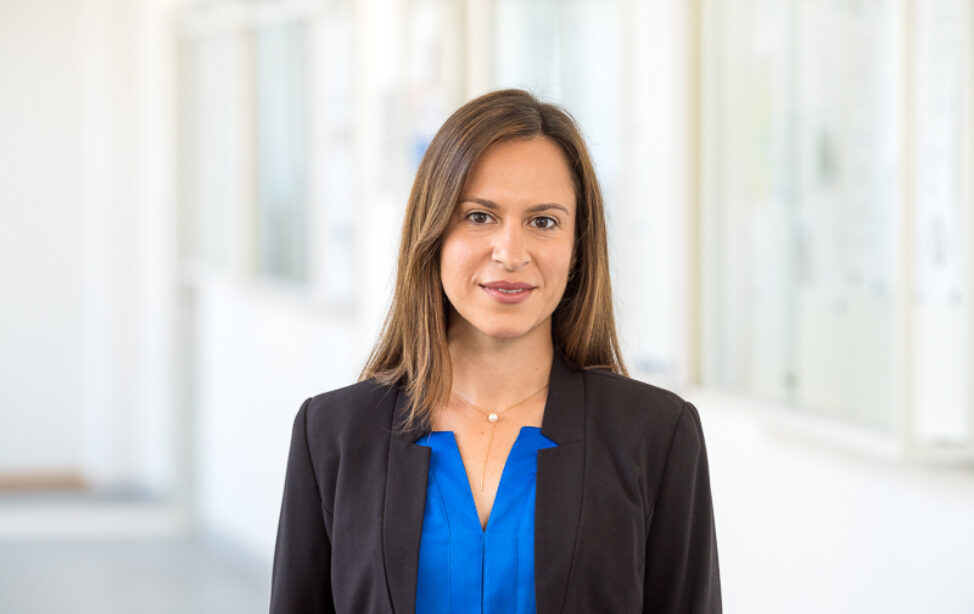
TUM alumnus Dr. Jan Goetz aims to make supercomputers even faster with his start-up’s quantum technology. Supercomputers can perform over a trillion arithmetic operations per second. A quantum computer, however, could work a hundred billion times faster. That would represent a true quantum leap forward for research and industry (Picture: IQM).
Supercomputers have become indispensable in both scientific and commercial settings. They enable us to investigate the origins of the universe, predict earthquakes, weather and the climate, detect untapped oil and gas reserves, and simulate crash tests. Nevertheless, the complexity of some tasks remains too high even for supercomputers. These include finding optimizations in the fields of financial management, transport, and logistics. Simulations to accelerate the discovery of new active ingredients in drug development have also become stretched to their limits.
Quantum technology could offer a solution. While supercomputers take years to perform the calculations required for such tasks, quantum computers could complete them in seconds and consume less energy in the process. Theoretically. In practice, however, quantum computers that are ready for series production and suitable for practical applications are still a long way off. Jan Goetz hopes to change that.
THE BEST DECISION
While studying technical physics at TUM, Jan Goetz developed an interest in quantum technology. Born in Germany’s Rhineland region, he completed his thesis project at the Walther Meißner Institute for Low Temperature Research, focusing on quantum circuits under the supervision of Professor Rudolf Gross. He continued studying under Gross for his doctorate in superconducting quantum processors. After that, Goetz headed to Aalto University in Helsinki for postdoctoral study. He continued his research at the university’s Quantum Computing and Devices (QCD) laboratory together with Professor Mikko Möttönen.
Back then, Goetz was aiming to launch a professorial career. Möttönen, however, asked him whether he would be willing to head up a new company. The spin-off would aim to lead promising quantum technology from lab-based research to practical applications. On the spur of the moment, Jan Goetz agreed. “In doing so, I swapped my academic career for a start-up career overnight,” he says. “It was the best decision I’ve made.”
IDEALLY EQUIPPED
His studies and doctorate at TUM were of fundamental importance for Goetz on his new career path as an entrepreneur. The deep scientific understanding of quantum physics he acquired at TUM has proven utterly essential in leading a company to success in this complex, future-focused field.
Furthermore, all the skills he learned while studying for his doctorate have turned out to be exactly the skills he draws on today as an entrepreneur: working independently in a complex field, tackling new problems on a daily basis, and the ability to get every member of a heterogeneous team pulling in the same direction. “I learned my trade at TUM,” he says. “It’s where I found out that my big strength is communication.”
I learned my trade at TUM.
Meanwhile, in Germany and in Munich specifically, Jan Goetz continues to lead the way. A quantum computer developed by his start-up will soon be integrated into the supercomputer at the Leibniz Supercomputing Center (LRZ) in Garching, significantly accelerating future scientific research.
INVESTMENT IN THE FUTURE
The project at the LRZ is a major stepping stone in establishing Munich Quantum Valley. As one of the founding institutions, TUM has a crucial role to play in this project. Centered around the joint Munich Center for Quantum Science and Technology cluster of excellence, TUM has teamed up with LMU to launch a Master’s program in Quantum Science and Technology. The TUM Institute for LifeLong Learning is currently developing a globally unique advanced qualification program on quantum technologies aimed at specialists and managers from the industrial sector. And, together with the TUM Center for Quantum Engineering, which has received funding from federal and state governments, it is hoped that research projects will be turned into market-ready projects even faster in future.
Jan Goetz also plays a part in this by teaching courses in the TUM Quantum Venture Lab. “I would like to pass my knowledge and experiences on to the next generation of quantum engineers and entrepreneurs,” he says. “I’m also hoping that this will enable me to get to know exceptionally well-educated quantum experts and offer them a route to our company once they complete their studies or obtain their doctorate.”

Jan Goetz (Picture: private).
Diploma in Physics 2011, PhD in 2016
Jan Goetz moved from Neuss to Munich for his studies. At TUM, he studied technical physics with a focus on low-temperature physics and energy science. He then gained his doctorate from the TUM Chair of Technical Physics for his work on superconducting quantum processors. He spent his post-doctoral period at Aalto University in Helsinki, Finland, with a Marie Skłodowska Curie Fellowship from 2018 to 2019. Together with Prof. Mikko Möttönen, Dr. Kuan Yen Tan and Prof. Juha Vartiainen, Jan Goetz launched a start-up called IQM Quantum Computers in 2019. As the company’s CEO, TUM alumnus Jan Goetz has set himself the target of bringing quantum computers to market maturity. The company now has more than 180 employees and has locations in Espoo, Munich, Paris and Madrid. In 2019, Jan Goetz was named a Digital Leader at the World Economic Forum. In 2021, he was appointed a Board Member of the European Innovation Council and SMEs Executive Agency, and a Member of the Governing Board of the European Quantum Industry Consortium.
Jan Goetz goes running at least twice per week to bring a sense of balance to his stressful day-to-day life. He finds it has a meditative effect. Apart from that, he enjoys spending time outdoors whenever possible, usually on hikes. Goetz often goes backpacking with his friends through Lapland or the Alps for days at a time. Recently, he scaled several 4000m peaks in the Atlas Mountains. He says it clears his mind and gives him strength.


